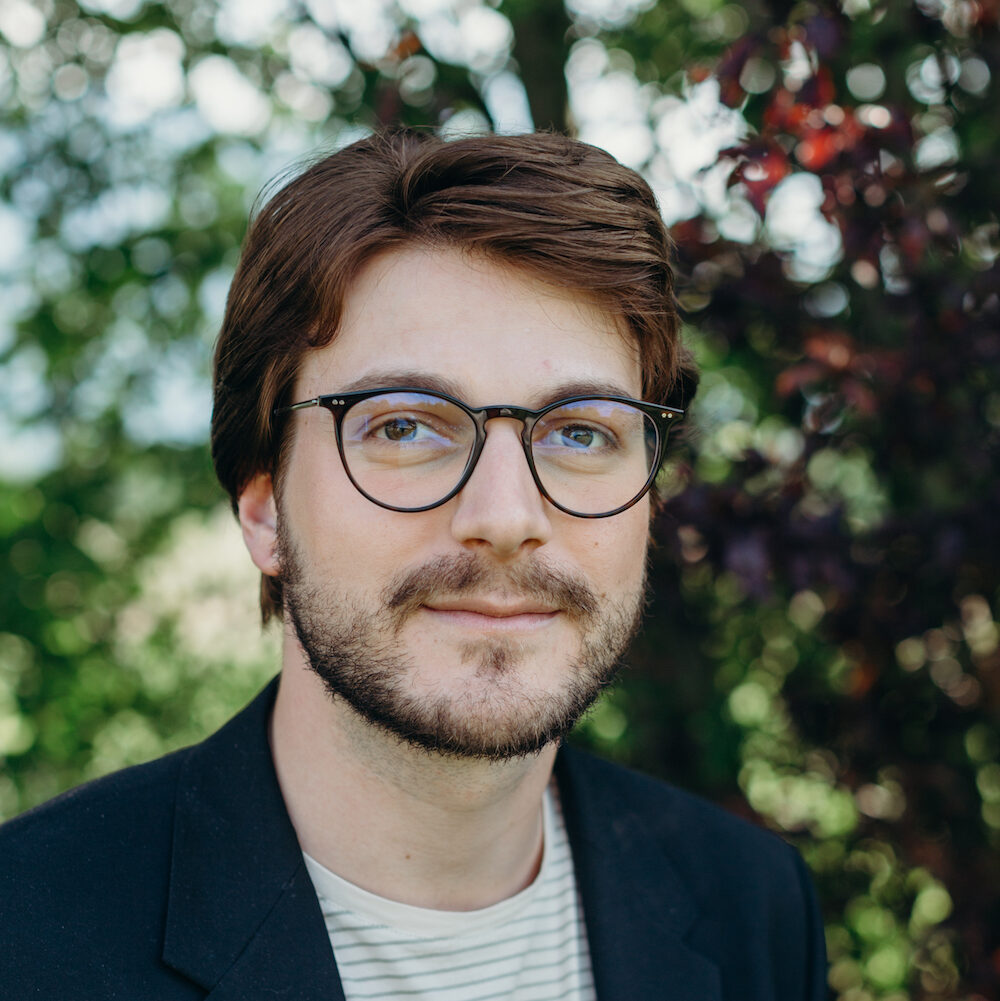
Author: Simon Elias Unteregger
Editor: Dr Johannes J Knecht
Have you ever watched debates, in which Christian and atheist thinkers and scientists, through scientific arguments, debate whether God exists or not and thought by yourself that something seems odd here? Well, that might be because it is: it is not just odd, it is an attack on the foundations of science itself that must be clearly marked and criticised. So, if you ever find yourself in such a situation – and if you have some sense for theatrical actions – you might stand up and pull out your philosopher’s sword, which is, of course, a copy of Kant’s Critique of Pure Reason and with Wittgenstein, and maybe for staging a little bit of Shakespeare, in mind you may shout “Whereof one cannot speak, thereof one must be silent.”1 But why is there a problem? We are talking about God all the time, and should we not be doing that?
The basic problem is that God exists in a realm that is not accessible to the natural sciences, a different plane of existence. In natural sciences, no scientific statements can be made about the existence of God, simply because God is not empirically tangible, not part of the created natural world. It is not possible to empirically test the existence of God. Therefore, it is not possible to say something in the like of: ‘because of our knowledge in the natural sciences we know that God does not exist.’ In debates on these themes, these boundaries must be clearly identified and delineated. Philosophically, when we discuss God, we are not simply talking about scientific findings, but rather about opinions or metaphysical interpretations. Theologically, we should add that those with a belief that God does exist, this conviction is not baseless but is rather grounded in God’s self-revelation and does not arise out of careful study of the created, natural world.
So, as in almost every debate on God’s existence, presented in the media, it is not actually about finding out the truth (as far as that’s possible) about an issue. Rather, it is about who is more successful in the debate, regardless of what is true: it is about who has the better arguments and can present them more convincingly – something Arthur Schopenhauer, with some humour, depicted in his work The Art of Being Right. So, if the question ‘Has science buried God?’ arises, there is just one answer: a simple ‘No’, and it never will, because it is epistemologically not possible.
Everything written above might appear a bit basic and, if you know what the term epistemology means, all of this might already be known to you. The example chosen was a bit of a straw man, to show how these types of naturalistic arguments against the existence of God go against basic epistemological positions. But it gets more complicated, and questions about this run through most contemporary discourses in which both the natural sciences and philosophy or the humanities participate. Where lies the point at which the natural sciences leave their actual field and make statements or interpretations that can no longer be empirically substantiated?
When scientists leave their main field of study, they ought to be very careful, as they then enter philosophical terrain, and their comments must stand up to philosophical scrutiny. In the same vein, a philosopher cannot simply claim assert things about the natural world, without having to face criticism from scientists if their statement is wrong. Problems occur in public discourse when a scientist claims something as a scientist, which cannot be tested empirically. If a scientist does not mark their comments in those moments as their opinion, they inadvertently speak with the authority of a scientist, with the unspoken suggestion that they have the, empirically based, exact sciences on their side. If not clearly marked, an audience might not recognise the difference and tend to simply believe these statements or perceive them as empirical findings, even though they are not.2
To give an example, we can observe these muddled discussions happen around the questions of free will. It is a very complex field of study and a variety of scientific disciplines participate: neurosciences, psychology, theology, philosophy, just to mention a few. Sven Walter (2016) criticizes positions of neuroscientists in his book Illusion freier Wille?3 (Free will an Illusion?). According to him, they deduce from progressive findings in their field, that holding to a notion of free will is fundamentally incompatible with empirical findings. These scientists suggest that when observing a human brain, it is possible to detect how a person is going to decide, even before the person itself has made a conscious decision. Hence, so the argument, we are not free in our decisions and are controlled by subconscious processes within our brain. Sounds convincing, does it not? With our sharpened sense for epistemological boundary-crossings in the natural sciences, can we detect where the scientists have crossed the boundary of the natural sciences? To give another quite common deterministic statement against free will: we live in a causally ordered universe: every event has causal antecedents that render it inevitable, like Laplace already noted. Therefore, free will cannot exist because there is always just one possible future. This could also sound like a rather convincing argument, right?
Let us have a closer look on the first statement. Experimentally, a neuroscientist can detect a specific decision being made, sometimes even seconds before this person consciously decides to do so. That is an empirical finding, in which the exact experimental set-up must be reflected upon, so that the validity of the results can be checked. The suggestion that the conclusion (the absence of free will) causally flows from the outcomes of the experiment, goes far beyond what can scientifically be said. First, it is completely unclear or rather very vague at this point, what free will means for the researchers, how it is defined, and what aspects need to be necessarily present for there to be any kind of free will. Second, what does it mean that my brain ‘knows’ my decision before I consciously do? Questions about this can only be answered at least in conversation with philosophical sub-disciplines and are bound to be complex due to the underlying soul-body problem.
Such conclusions, when merely based on such empirical research, are epistemologically problematic abbreviations and simplifications. When we consider the deterministic approach to free will, it is necessary to determine precisely what is meant by ‘causality’ here and whether something like human consciousness can even be part of this determination. Both comments on free will imply various philosophical positions as foundations, which are often not explicitly marked in public discourse and therefore become blurred. Carelessly formulated, it may appear as if it were an empirical fact that free will cannot exist, which is not the case.
Therefore, I would like to end with a quite Kantian invitation to always remain critical when confronted with various arguments and positions. Is it really something that can be said or placed in a scientific context? Or have some epistemological boundaries been gradually crossed here, without explicitly being marked?
If you are further interested in this topic, I would recommend you an interview with the German philosopher Markus Gabriel. It is a discussion held in German, you can find it here.
1 Wittgenstein, Ludwig: Tractatus logico-philosophicus. Frankfurt am Main: Suhrkamp. 2018. p. 111
2 Walter, Sven: Illusion freier Wille? Grenzen einer empirischen Annäherung an ein philosophisches Problem. Stuttgart: J.B. Metzler Verlag. 2016.

About the Author: Simon Elias Unteregger
Simon Elias Unteregger is from Austria and has a background in German studies, biology, and philosophy. He is currently pursuing a Master’s Degree in German studies at the University of Salzburg. Together with his wife Nathalie, Simon lives in Salzburg and is a passionate reader of literary and philosophical works. He also enjoys writing poetry and short prose texts, as well as talking about aesthetics and possible art projects with his wife.

